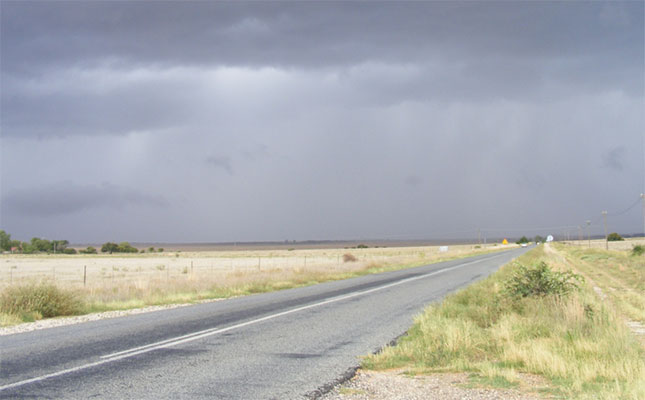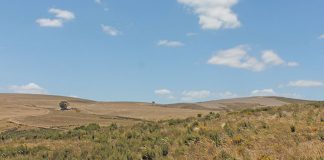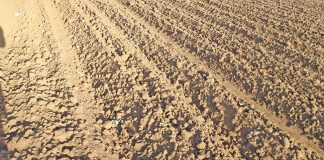
The most pertinent question to ask about climate change should no longer be, “Is it happening?” Instead, we should be asking, “What do we do about it?”
READ Malabo Report stresses need to manage climate change
This is according to Prof Bob Scholes of the School of Animal, Plant and Environmental Sciences at the University of the Witwatersrand, who is rated in the top 1% of environmental scientists in the world.
He presented a talk titled ‘Evidence for Climate Change’ at a recent business breakfast hosted by the South African Institute of Agricultural Engineers.
Scholes, who has addressed many audiences about climate change, said he still received a lot of “denialist feedback”. But he never encountered denialism from farmers, he said.
Farming will be one of the sectors most affected by climate change, and the impact it could have on food production, according to the data presented by Scholes, is chilling.
A 6°C increase in temperatures in Southern Africa would make most types of farming impossible. During the 20th century, an increase in temperatures had been observed nearly everywhere in the world.
READ Climate variability versus climate change
Across South Africa, temperatures had generally increased at a rate of nearly twice the global average, or about 1,5°C/ century, compared with the global average of 0,8°C/century, Scholes said.
Even more concerning was the much higher rate of increase in the long-term average minimum temperatures of about 2,2°C. Since few places on earth have rainfall data that goes back 100 years or more, it was more difficult for scientists to determine whether changes in rainfall patterns amounted to more than cyclical patterns.
However, there did appear to be a “drying tendency in the subtropics”, and the climate in South Africa would most probably become drier.
Another important question to ask when speaking about climate change, is, “Who is to blame?”
READ A letter to farmers in drought-stricken regions
Perhaps even more difficult to persuade than outright climate change denialists are those who agree that the climate is changing, but deny that human activity is playing any role in causing these changes.
According to Scholes, showing the “fingerprints of anthropogenic [originating in human activity] climate change” is possible by removing everything from the equation that we already know has an influence on the climate.
One of the clearest indications that climate change cannot solely be attributed to natural patterns and events is the fact that night-time temperatures are increasing at a faster rate than day-time temperatures.











